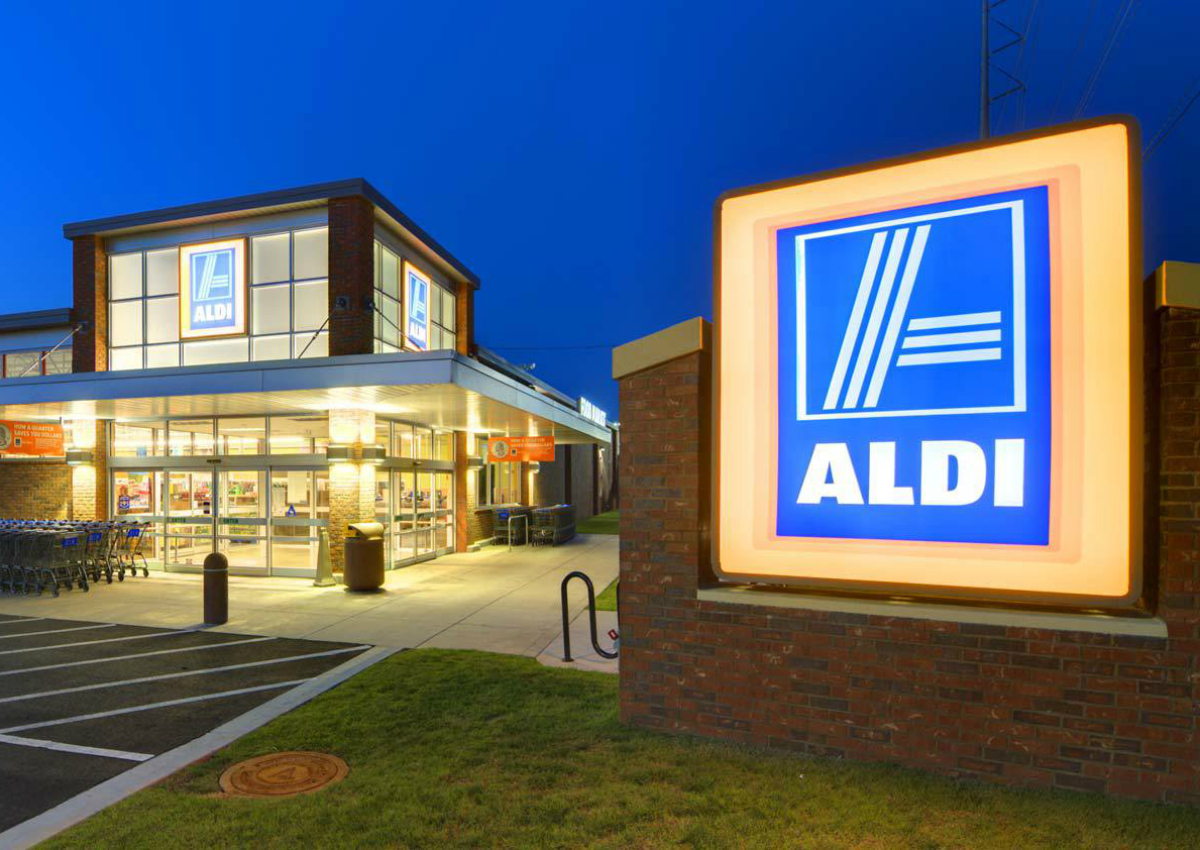
German grocery discounter chain Aldi has partnered with Instacart to deliver groceries in three U.S. Cities – Los Angeles, Atlanta and Dallas – a move that comes amid intense competition and disruption in the industry. The German retailer does not offer customers an option to shop on its own website now and the partnership is a way to test online grocery demand, Aldi’s Vice President of Corporate Buying Scott Patton said. Grocery shopping online is a relatively small part of the business but it is continuing to grow Patton said. The partnership with Instacart will allow shoppers to order goods from Aldi stores using Instacart’s website and app. Instacart, which charges a delivery fee, does not hold inventory but picks up orders from the store and brings them to a customer’s home in as little as one hour.
Price war
A report from the Food Marketing Institute and market research firm Nielsen in January this year estimated online grocery spending during 2016-2025 to grow from 4.3 percent of the total US food and beverage sales to as much as 20 percent, or more than $100 billion. Last year, online grocery sales were about $20.5 billion. Aldi’s move also comes at a time when grocery chains in the country are caught in a price war. German rival Lidl has started opening stores in the country and online retailer Amazon acquired grocery chain Whole Foods Market.
Online grocery in the US
Online grocery, especially the purchase of food and beverage products, faces an uphill battle in the US. Consumers tend to prefer the store experience, especially to inspect the fresh products. They also hesitate to pay for delivery and do not like waiting at home for the delivery. Another issue is “out of stocks” that make for a less than compelling customer experience. As a result, grocery products have been the last categories to move online but the race is on to crack this market. Different companies are working to persuade Americans to buy groceries online. These industry initiatives, coupled with Americans becoming more comfortable with online purchasing in general, are resulting in higher food and drink sales through internet retailing, which grew by 57% over the past five years. Euromonitor International expects another 60% growth in the next five years. There’s also been a dramatic shift in consumer behavior in the past three years. According to Euromonitor International’s Global Consumer Trends Survey, 25% of Americans shopped for groceries online at least once in 2013. The percentage increased to 38% in 2016. The frequency of online grocery shopping increased in that time frame. Interestingly, the percentage of Americans between the ages of 20 and 29 who shopped online for groceries daily or weekly doubled in the past three years. With younger generations shopping more frequently online for groceries, it is likely that this channel will grow.
Aldi in the USA
According to Euromonitor analysts, Aldi continues to focus on the US, its second largest international market, with strong expansion plans in the works. The discounters channel in the US is far from being mature at only 2% of modern grocery sales in 2016, but it offers strong potential as consumers become more aware of the model. Much like other international markets, US consumers seem to have permanently adopted more value-conscious habits, and as such, the discounter model remains a key threat to the rest of the modern grocery market. In light of this and the disruptive effects discounters are having on similar international markets, competitors have even adopted strategies that Aldi has long been known for.

